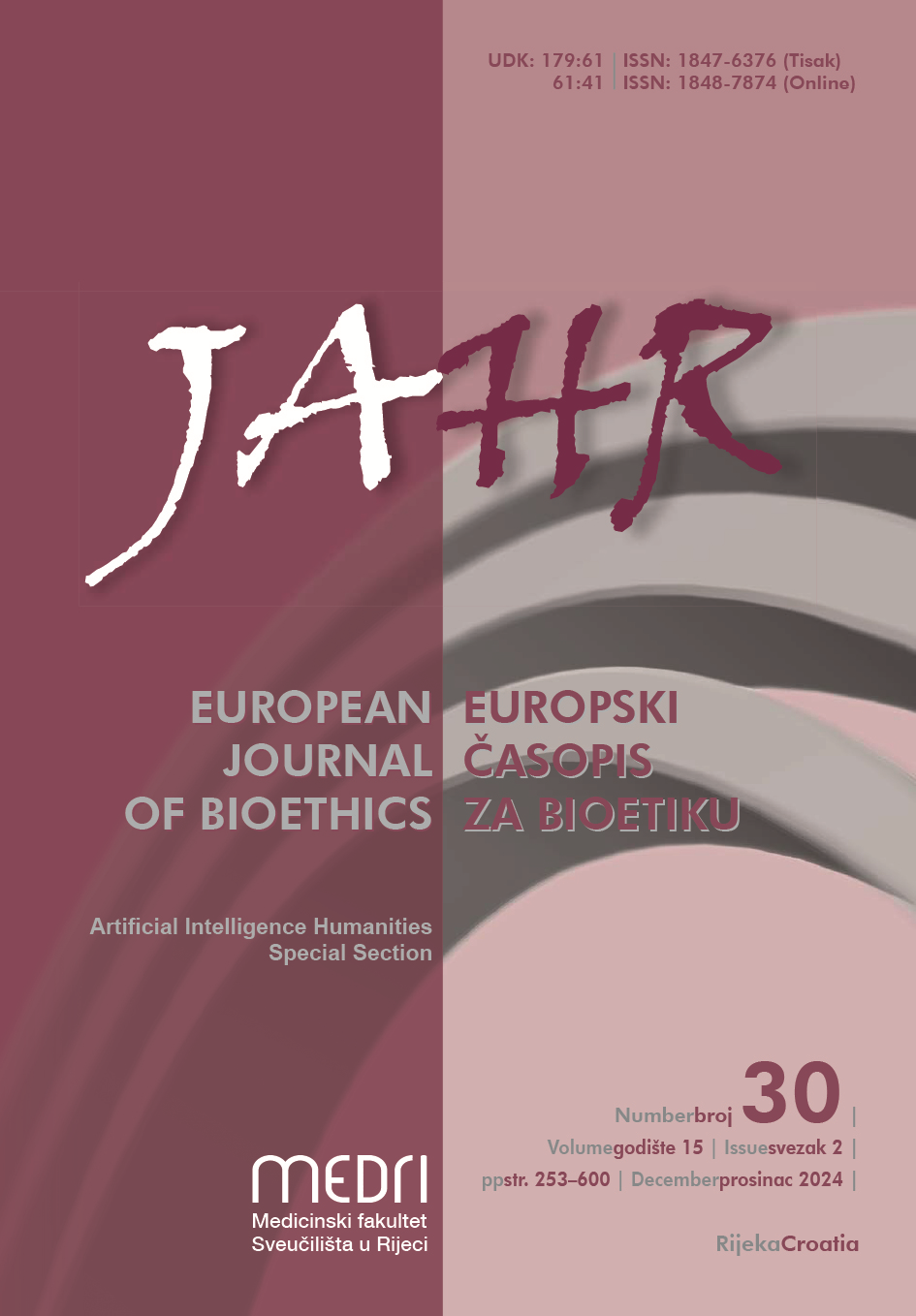Philosophy as therapy in a culture of personality disorders
Keywords:
philotherapy, psychotherapy, narcissism, responsibility, personalityAbstract
https://doi.org/10.21860/j.15.2.4
Much of the current development of both philosophical practice and psychotherapy teases out the theoretical foundations of psychotherapy, on the one hand, and the practical, therapeutic applications of philosophy, on the other. This debate has led to different conceptualizations of both disciplines, where one of the proposals, espoused here, is that all of psychotherapy might be seen as inherently philosophical in nature, and that philosophical practice, especially philotherapy as its counseling offshoot, is in fact an integrative discipline bringing together a number of bioethical dimensions of both philosophy and psychotherapy. The paper explores several aspects through which the concept of psychic wellbeing, on the one hand, and the traditional philosophical concept of the good life, on the other, reflect two sides of the same normative structure of “normalcy” or “wellness” that reverberate through the drama of individual development and culture alike. This particularly reflects in the modern culture of narcissistic values, which casts a sequence of questions on whether, to what extent, and on what basis we can pathologize narcissism and value-charged personality disorders.
Downloads
Published
Issue
Section
License
Authors who publish with this journal agree to the following terms:
- Authors retain copyright and grant the journal right of first publication with the work simultaneously licensed under a Creative Commons Attribution License that allows others to share the work with an acknowledgement of the work's authorship and initial publication in this journal.
- Authors are able to enter into separate, additional contractual arrangements for the non-exclusive distribution of the journal's published version of the work (e.g., post it to an institutional repository or publish it in a book), with an acknowledgement of its initial publication in this journal.
- Authors are permitted and encouraged to post their work online (e.g., in institutional repositories or on their website) prior to and during the submission process, as it can lead to productive exchanges, as well as earlier and greater citation of published work (See The Effect of Open Access).



